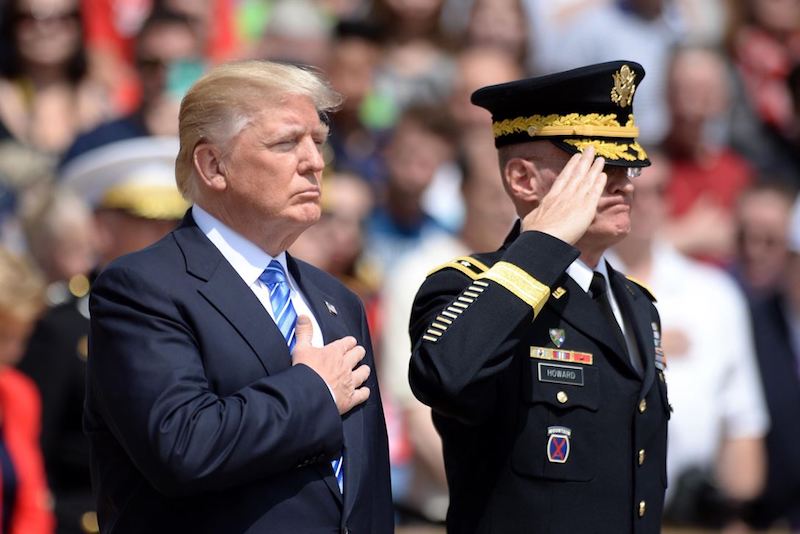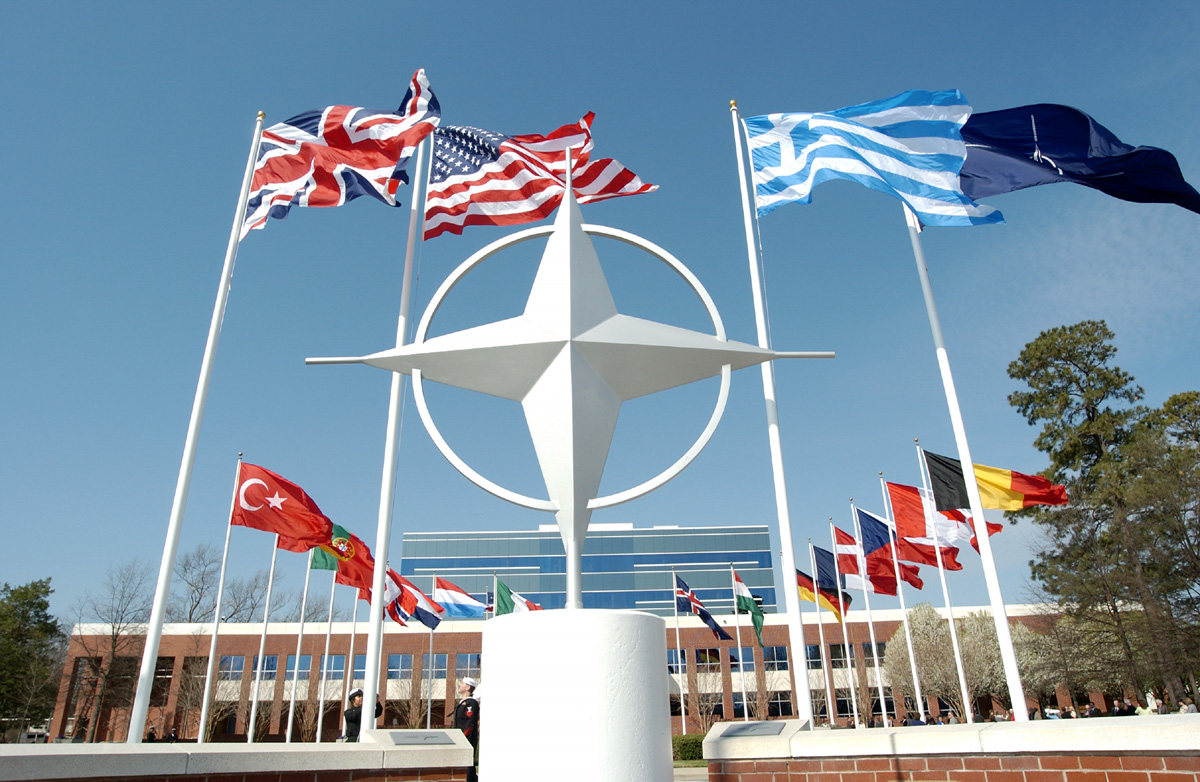Today marks the beginning of our new Program, The Water Cooler. This is a safe space where readers can gain a sneak peak into the in-office debates our NATO Association Of Canada (NAOC) Program Editors have everyday.
This Week’s Debate Question
The BBC and CBC recently had contrasting narratives about the Iraqi Army’s effectiveness against the Islamic State. In many ways, the differing conclusions speak to the information war being waged in the traditional media and on the internet.
[quote align=”center” color=”#999999″]Is the Iraqi Army (and its allied militias) making progress in the fight against IS?[/quote]
The Responses
[divider scroll_text=””]
Hasan: Yes and No
Program Editor, Expanding Community
Yes and no. The Iraqi army has failed for several reasons, including racism, sectarianism and tribalism. Backtracking from Anbar province, even though they had the necessary capacity to deter the Islamic State’s growth, highlighted the Iraqi Army’s lack of national identity necessary to defend a state.
Sectarianism has been a strength for the militias on the other hand who riled supporters on the Shi’a-Sunni split and “fighting Takfiris,” in contrast to IS who are “fighting Rafidah.” The operation to take back the Sunni Anbar was named “Labbayk (at your service), Ya Hussein,” until it was changed to “Labbayk, Ya Iraq” due to sectarian overtones. That, in and of itself, reflects the attitude of the Iraqi security forces. Although this rhetoric can help counteract IS in Shi’a regions of Iraq, this rhetoric has done nothing but damage for the government and its forces in the Sunni regions.
If the Iraqi government cannot control the divisive rhetoric of overwhelmingly dominant Shi’a groups, whose rhetoric is tantamount to IS’ tone, then it will not achieve unifying Iraq under the central government due to the alienation of Sunnis, which ultimately was one of the primary causes of IS’ surge in Iraq in the first place.
[divider scroll_text=””]
Colin: Look Deeper
Program Editor, Global Horizons
Iraqi troops in Ramadi did not rout or flee in panic. They were ordered to retreat, by a commander who – based on faulty intelligence – believed that ISIS had planted high explosives all around the city and was about to detonate them. This is a chasm away from the tales of “lacking the will to fight,” and even the United States is no stranger to faulty intelligence in Iraq. Add to this the slow but steady advance of Iraqi forces north of Tikrit, and the encroaching encirclement of ISIS’ weakly-held positions in Ramadi, and a different story comes to light. It’s certainly not quick progress, but do not discount the progress that does exist.
The situation in Syria is quite different, as the government no longer has the strength to resist all of its enemies, and is giving way before all of them. Iraq and its allies, though, most certainly are advancing against ISIS.
[divider scroll_text=””]
Trevor: How Fast Can You Run?
Program Editor, Canada’s NATO
The U.S. Government has spent millions upon millions of dollars equipping and training the Iraqi Army, yet it is clear that they are nowhere near ready to fight an organized and determined enemy like the Islamic State. One must only look at the pictures of the so called Iraqi “Special Forces” decked out in all the latest U.S. military gear crouching behind walls blind-firing to see that they have not a clue on how to engage the enemy properly in a firefight. Or look at the retreats in Mosul where 30,000 Iraqi soldiers laid down their weapons and ran in the face of some 500 IS militants, or in Ramadi where 1,500 Iraqi’s fled a force of some 100 IS militants. These retreats highlight not only the lack of the will to fight the enemy, but the incompetence of the leaders in the Iraqi Army who order full scale retreats at the first sign of the enemy.
[divider scroll_text=””]
Victoria: Um, Sure?
Program Editor, Women in Security
This question immediately forces me to ask another question: “Even if they are winning, what’s the outcome?” Everyone is fixated on whether the Iraqi militias and US-led coalition are actually making progress towards defeating IS, but what does “defeating IS” even mean? Does that mean annihilating them? Which would imply killing not only fighters but also civilians who follow their ideology (or don’t) and reside in their controlled areas. Does that mean pushing them out of Syria and containing them to a small corner of Iraq? Which I’m pretty sure the Iraqi militias and Kurdish fighters wouldn’t be too OK with.
So what does it mean, “defeat IS?” How can we measure progress when the issue of IS not only rests on its military might but with its ideology, which seems to be spreading even faster and at far greater lengths? I think all of these questions are important when assessing the gains the Iraqi Army, the militias and the coalition are actually making. The fall of Ramadi this past month is only an indication of the uncertainty we face in this fight and how all of our explanations, as well as tactics, utilized in the past seem to become more irrelevant with every passing day.
[divider scroll_text=””]
Stefan: Victory against ISIS is slowly, but painfully being achieved
Program Editor, Procurement
There is no question that ISIS has gained the upper hand in the public relations war being waged in both the traditional media and the fast-moving world of the internet. ISIS’s slickly produced videos and horrific attention-grabbing tactics have given them tremendous power to shape the narrative. It is extremely difficult for Western politicians to successfully gain the narrative back, especially among alienated Middle Eastern millennials – who constitute a large percentage of ISIS’s support. But on the ground, in strictly military terms, the uneasy coalition of Western countries, Kurdish forces, Shia militias and Iraqi military units are slowly gaining the upper hand. The coalition’s air campaign is gradually achieving its objective of degrading ISIS’s capabilities and limiting its ability to conduct large-scale operations. Though many Iraqi Army units remain ineffective, the Kurdish forces and militias allied with Baghdad have made concrete gains. ISIS is an organization that has achieved victory through bold offensive operations that capitalize on the psychology of fear. If ISIS continues to maintain the pretense of a state, it will have to fight in fixed defensive positions. That sort of warfare will likely give ISIS’s various opponents the upper hand. Make no mistake though, any victory against ISIS will be slow and extremely costly.





